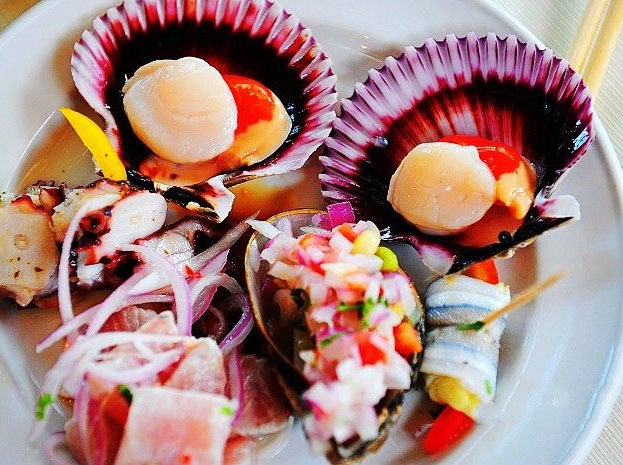They really did try and control from a bunch of different factors
这些对各种因素的控制非常好
So it's interesting to see that even when you look at
得出的结论也很不错
like smoking, you know, physical activity, stress, all these other things that the diet does have this independent benefit
相对抽烟,身体运动,应激这些饮食具有独立的好处
But you're right. You need to look at the whole lifestyle
你说得对,关键还是整个生活方式
And the second part of the question was meal frequency in the day
问题的另一部分,关于一天吃几餐
And I really feel that that kind of vary too
不同人这方面习惯也不同
For example, in Peru, the fisherman only eat two meals, They eat one at 10 and one at 5
比如秘鲁渔民一天只吃两餐,早上10点,下午5点
And they're kind of bigger meals
每一餐都吃得很多
And that was really within that culture, because of the fishing schedule what everybody did
这是文化所致,当地渔民需要根据捕鱼时间安排

And other cultures eat three meals
其它地方吃三顿
but what you do see uniformly in most of these cultures is that the evening meal is not the big meal
这些地方比较普遍的现象是晚餐都吃得不多
It's either lunch or breakfast
中餐或早餐多
And that's pretty much across the board in most traditional cultures and it makes sense.
大多数传统地方的饮食都是如此,这说得通
When you eat a big meal at night, you feel awful
晚上不需要吃那么多
You can't know. But what you do know the question is how much of it is the culture and how much of it is the food
这没法知道,不过我们知道,问题是多少取决于文化,多少取决于食物
And what I'm gonna answer to you is that the food is the culture, It's the glue
我的答案是,食物也是文化的一部分,两者是一个整体
And if you think about it
你可以想想
You know, your dream for your family or for your ideal life is to come together with people you love for meals
那里人的理想生活就是要和家人聚在一起吃饭
and not only then are you eating something delicious, something that you've made and prepared together
此时不仅是吃饭,更重要的是一起吃饭











